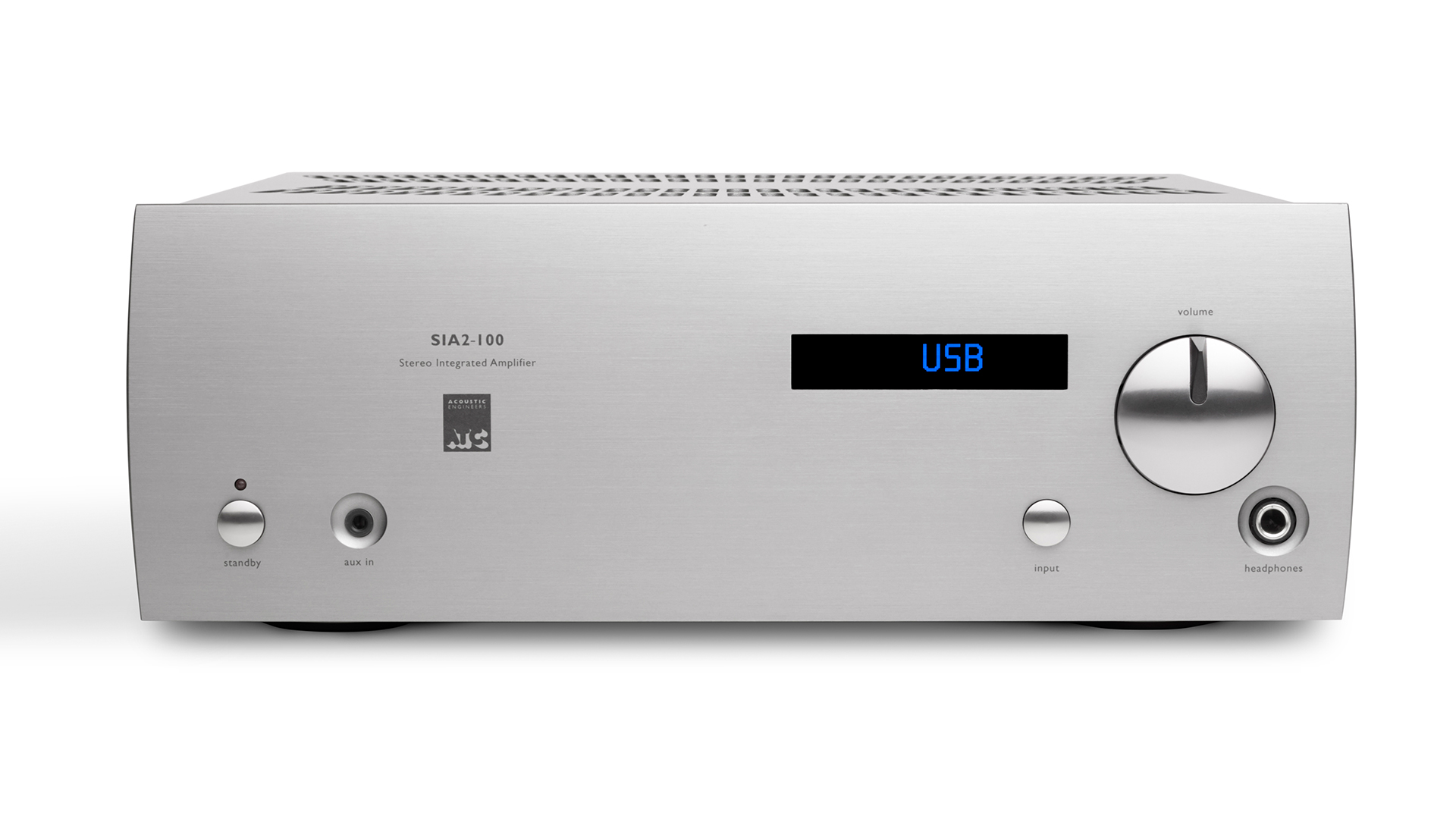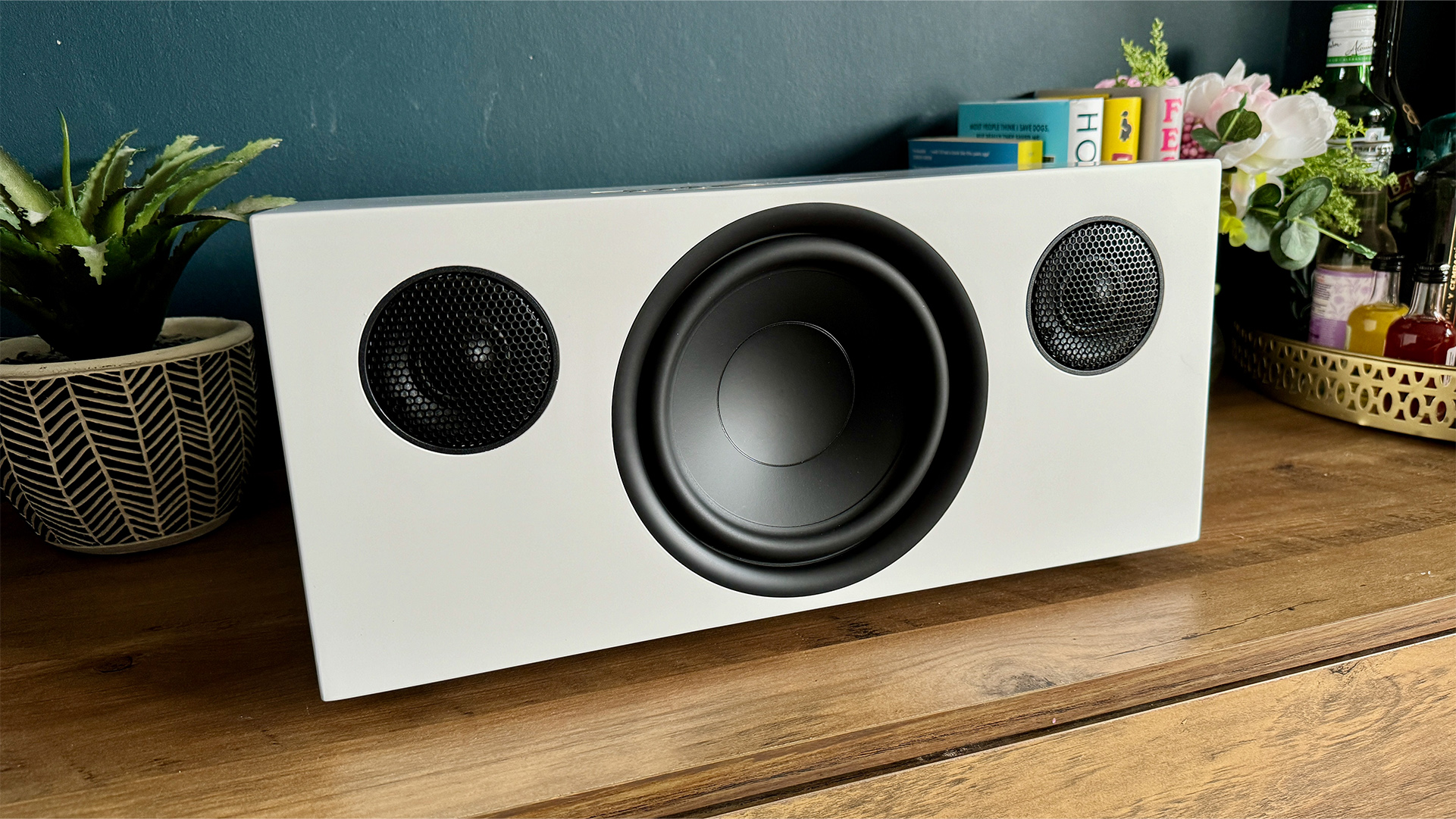What Hi-Fi? Verdict
ATC’s balanced-sounding stereo amp has plenty going for it, but lacks the all-round appeal of the very best
Pros
- +
Neutral, balanced sound
- +
Impressive agility
- +
Loads of detail
Cons
- -
Sound lacks scale and weight
- -
Poor USB performance
- -
Awkward-looking design
Why you can trust What Hi-Fi?
Although ATC is best known for its drive units and stereo speakers, the arrival of the SIA2-100 stereo amplifier comes as no great surprise. ATC has been dabbling with hi-fi separates for decades.
Build
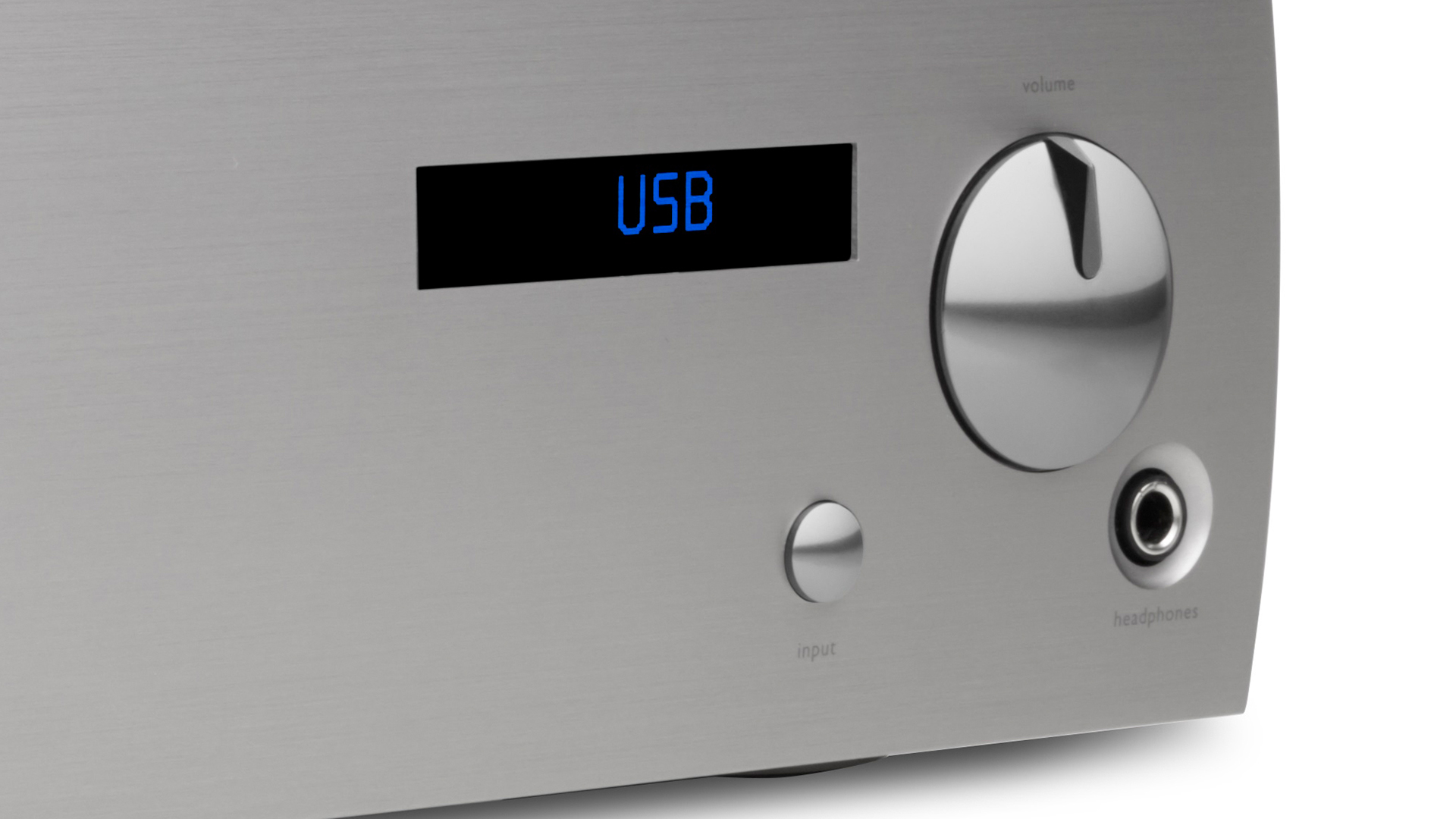
What is a surprise is the shape of this new amp. It’s neither full-width, like its impressive sibling, the SIA2-150, nor is it half-width, like Cyrus hi-fi separates. Instead, it settles on a three-quarter-width stance, which makes it a perfect partner for ATC’s matching CD2 CD player.
Though the width isn’t really an issue, the view that greets you from the front panel is. Given the amount of space up for grabs, the tiny display looks out of proportion. There’s also a lack of symmetry to the two pairs of buttons and sockets that also adorn the front. It appears a little messy and not what we’ve come to expect from ATC – rival amps at this sort of money appear much more proportional. Build is solid and finish is good, though lacking the slickness of the best.
Features
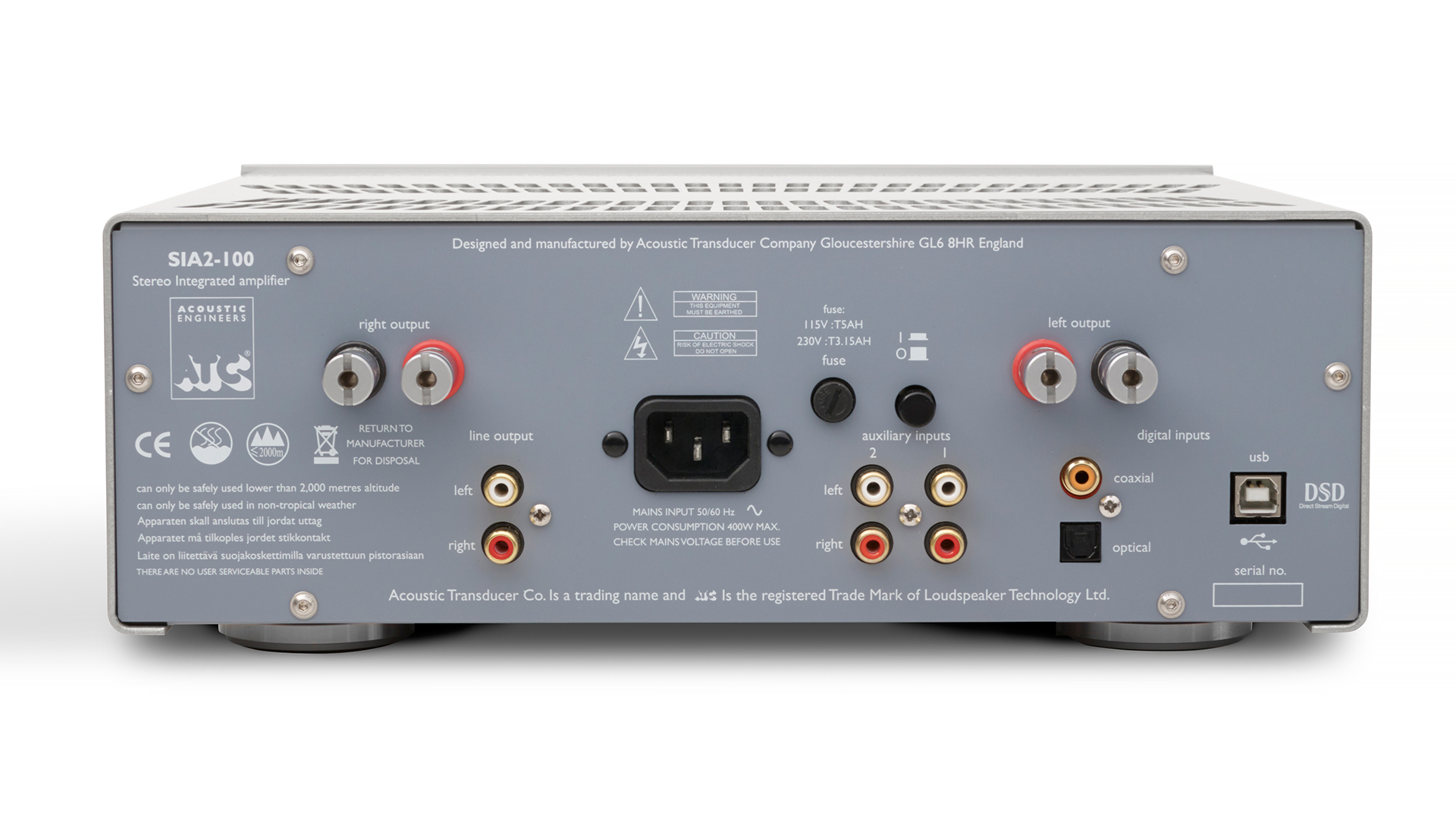
On the plus side, the volume control has a wonderful, smooth feel as you turn it, allowing you to dial in your preferred level with precision. It’s just a shame that the supplied remote doesn’t reflect this. Tap the volume buttons and the amp responds in a rather jumpy manner.
Power for the SIA2-100 is 100W per channel; there are a couple of line level inputs to connect external sources, plus optical (24-bit/96kHz) and coaxial (24-bit/192kHz) digital sockets. There’s also a USB Type B input (32-bit/384kHz), compatible with DSD256 (Windows) and DSD128 (Mac) files.
There’s no Bluetooth, which won’t be a deal-breaker for most, although the lack of phono stage is something you may need to bear in mind. There is a 3.5mm auxiliary input on the front and a 6.35mm headphone output, which add a bit of extra flexibility.
Sound
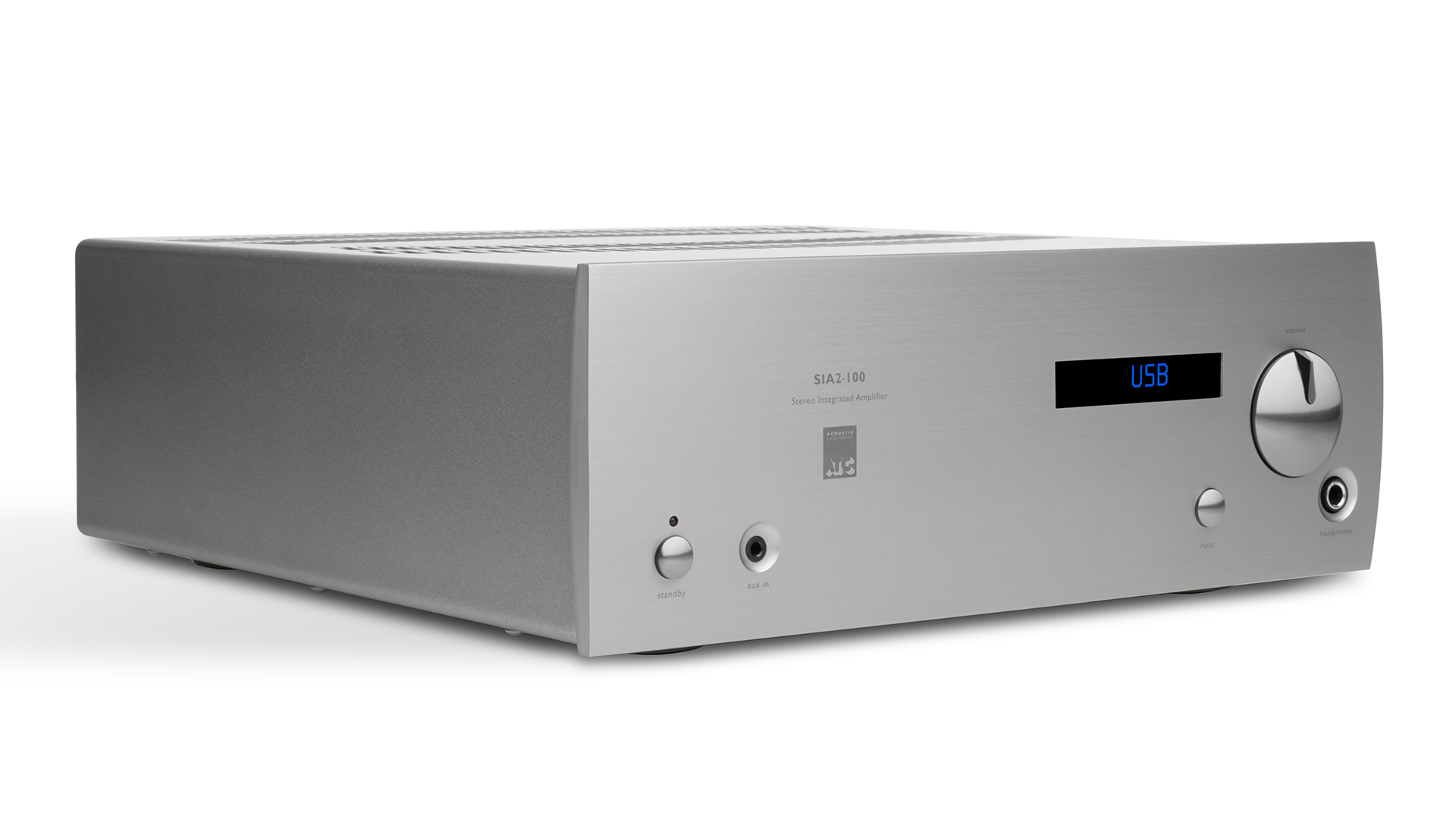
We play Young Guns’ Memento Mori, and the ATC immediately grabs our attention. There’s a real sense of vim and vigour to the way the track is delivered. There’s pace and agility to the drums as the high hat gallops along, while the bass guitar bobs and weaves in the background.
The ATC communicates the path and position of all the instruments with impressive precision. Both high and low-level dynamic shifts can be heard and it all adds up to an enthusiastic sound capable of piquing your interest.
We switch to a more intimate recording, Jorja Smith’s Don’t Watch Me Cry, and the SIA2-100’s delivery follows suit – its immensely clear and transparent character allows the emotion of the track to wash over you. There’s a fine level of detail in each carefully considered stroke of the piano keys. Her voice and its accompanying echo are sweetly rendered.

Power 100W
Inputs Line level x2, optical, coaxial digital, USB, 3.5mm
Headphone output 6.35mm
Phono stage No
Dimensions (hwd) 11.3 x 31.5 x 31.5cm
Weight 9.7kg
Such is the ATC’s transparency, it pulls no punches with poorly recorded tracks. If dynamics are crushed and compressed or highs are particularly harsh, the ATC doesn’t gloss over it.
Where the ATC does fall down is where scale and a sense of authority are concerned. It can’t quite muster the heavyweight delivery of the very best stereo amplifiers at and around this price. Rivals such as the Roksan Caspian M2 (£1650) and Blak integrated (£2800) have it cornered. The cheaper amp delivers a huge chunk of what the SIA2-100 can produce, but it’s even more rhythmically capable and costs less, while the Blak, though it lacks the neutral balance of the ATC, has more in the tank when dishing out weight, dynamics and rhythms.
We’re also disappointed by this amplifier’s USB input, which doesn’t match the quality of sound from the other connections. Play Jay-Z’s Empire State Of Mind and the amplifier sounds sluggish and confused. If you have music stored on a computer you can still use the other digital inputs, but they are limited in terms of bandwidth.
Verdict
For all the amp's abilities, of which there are many, our time spent with the ATC SIA2-100 leaves us feeling a little deflated. It is a wonderfully transparent and honest performer, but that awkward-looking design, combined with a disappointing USB performance and a sound quality that can be bettered for the money, make for a capable, but ultimately limited stereo amplifier.
SCORES
- Sound 4
- Features 4
- Build 4
MORE:
How to choose and set up a stereo amplifier
What Hi-Fi?, founded in 1976, is the world's leading independent guide to buying and owning hi-fi and home entertainment products. Our comprehensive tests help you buy the very best for your money, with our advice sections giving you step-by-step information on how to get even more from your music and movies. Everything is tested by our dedicated team of in-house reviewers in our custom-built test rooms in London, Reading and Bath. Our coveted five-star rating and Awards are recognised all over the world as the ultimate seal of approval, so you can buy with absolute confidence.
